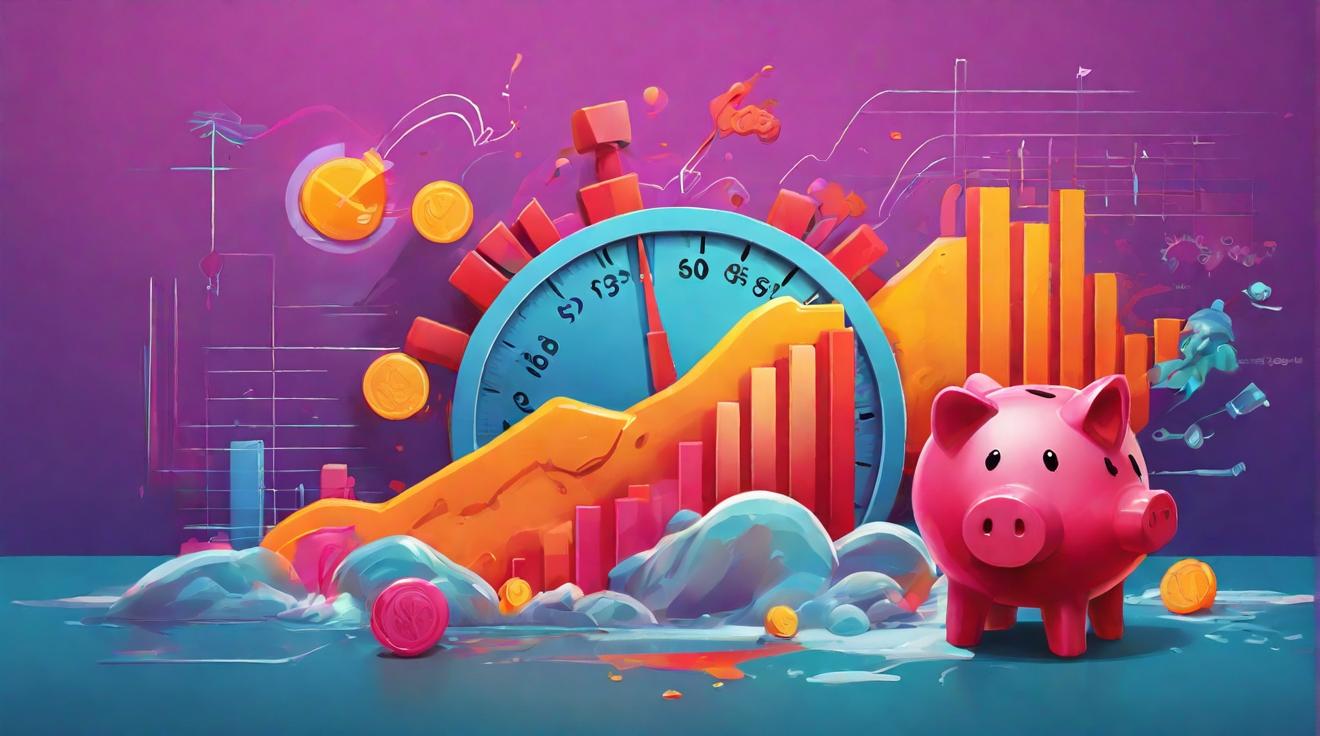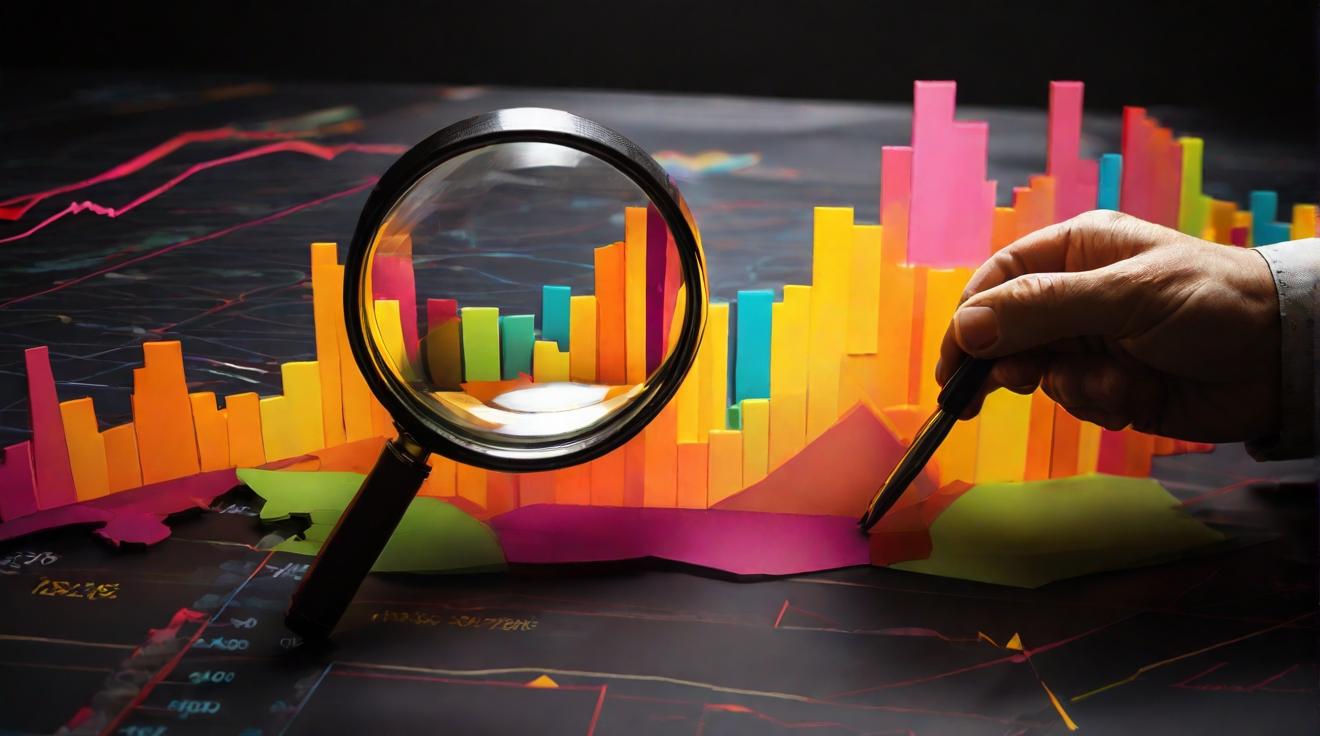Understanding Secular Growth Trends
Secular growth trends are long-term, transformative changes in the global economy and society. Unlike short-term economic cycles, these trends, often called megatrends, are driven by fundamental, lasting changes. Megatrends include technological advancements, demographic shifts, and environmental sustainability efforts. For example, the rise of artificial intelligence (AI) and robotics, innovations in healthcare, and evolving energy infrastructures represent these enduring trends.
In today's interconnected global economy, traditional investment strategies focused on benchmarks and indices are increasingly challenged. Many investors are now turning to more dynamic approaches, such as thematic equity investing. UBS Global Research suggests this approach, focusing on secular growth trends instead of traditional models, provides a compelling alternative, especially in navigating modern uncertainties.
The Power of Megatrends in a Complex World
Focusing on secular growth trends can be particularly advantageous amid today's complex global challenges. Events like the COVID-19 pandemic and rising geopolitical tensions have highlighted the limitations of globalization, exposing vulnerabilities in supply chains and national security. As nations prioritize their economic resilience, megatrends such as AI, renewable energy, and healthcare innovation are expected to drive future growth and investment opportunities.
For instance, AI and robotics are transforming not only manufacturing but also sectors like agriculture, logistics, and healthcare. As these technologies become more affordable and integrated, they are set to drive economic growth. Similarly, the urgent need to address climate change is creating new investment opportunities in renewable energy and sustainable infrastructure.
Secular Growth as a Hedge Against Uncertainty
Investing in secular growth trends offers a way to hedge against economic uncertainties and the impact of short-term events. While economic cycles and market volatility can disrupt traditional investments, the enduring nature of secular growth trends provides stability for building investment portfolios. By focusing on industries poised to benefit from these trends, investors can position themselves for sustained growth.
UBS analysts highlight that while short-term challenges exist, such as geopolitical conflicts or rising interest rates, the strength of secular trends remains. For example, clean energy investments may face temporary setbacks, but the push for a low-carbon economy continues to spur innovation and create opportunities.
The Need for Selective Investing
Successful thematic investing requires a deep understanding of involved industries and technologies. As traditional companies may struggle to adapt, new and innovative entrants could emerge as future leaders. Investors must be selective, identifying companies best positioned to capitalize on these trends while avoiding those lagging behind. The key lies in recognizing fundamental shifts in the global economy and aligning investments accordingly.













